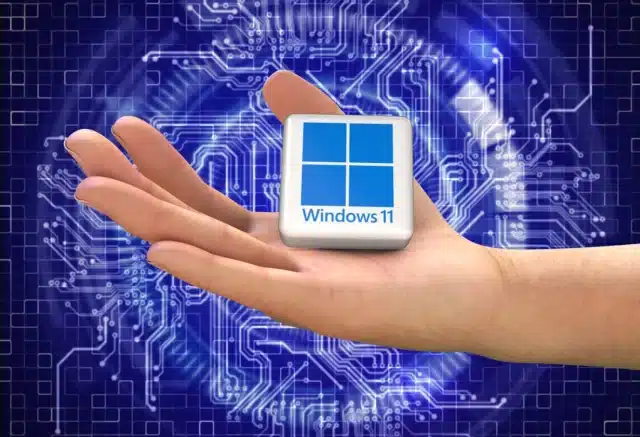More people can now upgrade to Windows 11 after Microsoft lifts Intel Smart Sound Technology compatibility block

After almost two-and-a-half years, an issue that prevented some people with Intel 11th Gen Core processors from upgrading to Windows 11 has finally been addressed.
Microsoft has quietly announced that compatibility issues with Intel Smart Sound Technology drivers and Windows 11 have been "resolved externally". Until now, there has been a compatibility hold in place for devices with both an Intel 11th Gen Core processor and certain versions of the Intel SST driver, but now this has been lifted, it is possible for owners of such systems to upgrade to Windows 11.
See also:
- Microsoft 'improves' Windows 11 by bringing ads to the Start menu in the US
- Microsoft is up to its old tricks yet again -- Windows 10 users harassed with full-screen Windows 11 upgrade warnings
- Windows 11 slammed for its 'comically bad' performance even on high-end hardware
The announcement about the lift of the compatibility hold was made in an update to the "Windows 11, version 23H2 known issues and notifications" section of Microsoft's Release Heath website. Here, the company explains that it was "devices with both an Intel 11th Gen Core processors and an Intel SST driver version of 10.29.0.5152 or 10.30.0.5152" that were affected by a blue screen issue caused by the Intel Smart Sound Technology (Intel SST) Audio Controller (IntcAudioBus.sys).
Microsoft says:
Devices which are encountering this issue will need to install newer versions of the Intel® SST Audio Controller drivers prior to updating to Windows 11. The issue is resolved by updating the Intel® Smart Sound Technology drivers to version 10.30.00.5714 and later, or 10.29.00.5714 and later. Please note that later versions of this driver might refer to only the last part of the version number. For the purpose of addressing this issue, 10.30.x versions are not newer than 10.29.x versions.
For most users, updated drivers can be installed via Windows update by checking for Windows updates on your device. This is the preferred method of installing these and other drivers. If your device still encounters this safeguard hold 48 hours after updating your drivers, it's possible drivers for this Audio Controller haven't been developed for your specific device hardware configuration. In this case, you will need to contact your device manufacturer (OEM) for more information on the necessary drivers. Microsoft works to make the latest compatible drivers available under Windows Update whenever developers have released them.
The issue is described as having been "resolved externally" because it is Intel that fixed the problems by producing updated drivers. In fact, the company produced these problem-free drivers around two years ago, and they have been freely available for anyone who needs them. Quite why Microsoft took until April 12 to properly acknowledge this, make the drivers available via Windows Update and lift the upgrade block is not clear, but it is good news for anyone who was unable to make the jump to Windows 11 because of this particular compatibility issue.
Microsoft warns that after installing the updated drivers, there could be a delay of up to 48 hours before Windows Update offers the chance to upgrade to Windows 11. But what's another two days after waiting for two years?
Image credit: bilalulker / depositphotos
